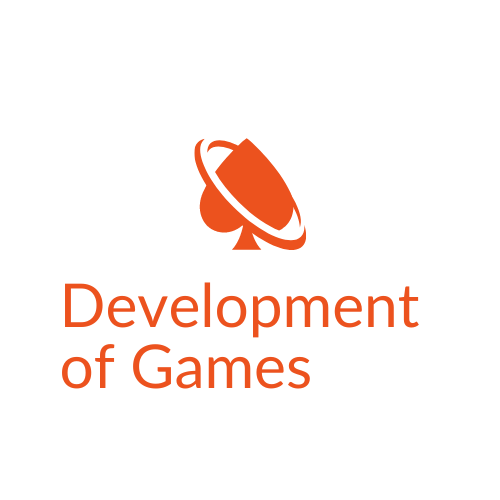Gaming: A Social Peculiarity and Then some
Gaming has risen above its beginnings as simple diversion to turn into a social peculiarity with huge effects on society, innovation, and different parts of human existence. From its unassuming starting points with exemplary arcade games to the vivid Server Thailand encounters of present day computer games, the development of gaming mirrors a unique combination of innovation, imagination, and human cooperation.
One of the most significant effects of gaming lies in its capacity to unite individuals and cultivate social associations. Online multiplayer games, like Fortnite, Minecraft, and Among Us, act as virtual gathering grounds where players from around the world can work together, contend, and structure networks. These games give a stage to social collaboration, cooperation, and correspondence, separating geological hindrances and interfacing people with shared interests and interests.
Moreover, gaming has arisen as a useful asset for narrating and story investigation. Computer games like The Remainder of Us, Red Dead Recovery 2, and The Legend of Zelda series offer vivid accounts, complex characters, and profound profundity that rival those of customary narrating mediums like writing and film. Through intuitive narrating, players become dynamic members in the account, going with decisions that shape the result of the story and making profoundly private encounters.
Also, gaming has turned into a motor of mechanical development, driving headways in illustrations, man-made reasoning, and augmented reality. From the beginning of 8-digit designs to the photorealistic visuals of present day games, the advancement of gaming innovation has reformed the manner in which we experience virtual universes. The presentation of computer generated reality (VR) and increased reality (AR) innovations has additionally extended the conceivable outcomes of gaming, offering vivid and intuitive encounters that obscure the line between the virtual and the genuine.
Notwithstanding diversion and mechanical development, gaming has likewise arisen as a stage for schooling and learning. Instructive games and reproductions offer intuitive and drawing in encounters that work with expertise advancement, decisive reasoning, and critical thinking. Games like Number related Blaster, Oregon Trail, and Kerbal Space Program have been embraced by instructors as successful instructing apparatuses that make learning fun and open for understudies, all things considered.
In spite of its numerous positive effects, gaming additionally faces analysis and contention, especially viewing issues like habit, savagery, and portrayal. The World Wellbeing Association’s acknowledgment of gaming issue as a psychological well-being condition and progressing banters about the depiction of savagery in computer games feature the requirement for dependable gaming rehearses and more prominent variety and consideration inside the business.
All in all, gaming has developed into a complex and persuasive medium that influences different parts of society, from diversion and socialization to innovation and schooling. As innovation proceeds to progress and the gaming scene develops, it is fundamental to perceive and saddle the extraordinary force of gaming to influence people and society in general emphatically. With capable practices and a promise to variety and incorporation, gaming can possibly keep molding the manner in which we play, learn, and associate with others long into the future.…
